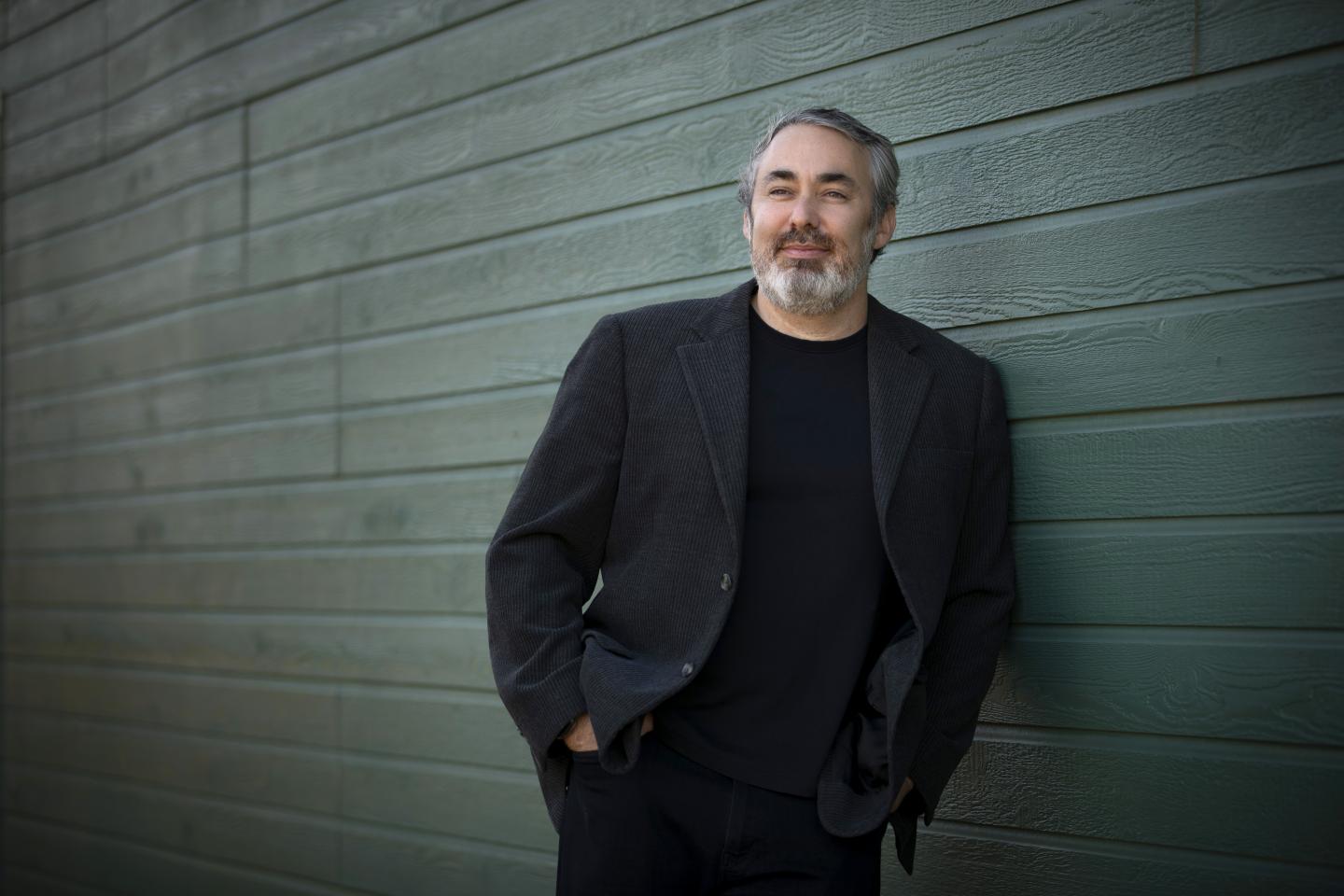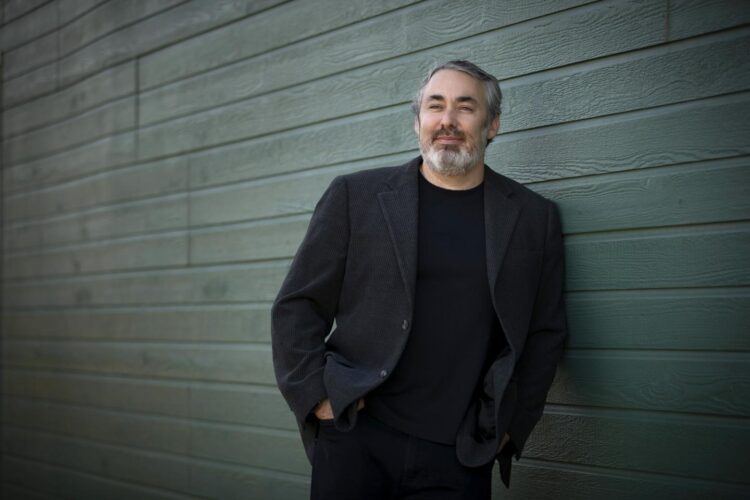A UC Riverside-led study, funded by Merck, is set to find out

Credit: Stan Lim, UC Riverside.
RIVERSIDE, Calif. — The School of Medicine at the University of California, Riverside, has received a grant aimed at halting further isolation of people aging with HIV during the COVID-19 pandemic.
The two-year, $245,000 grant from the multinational pharmaceutical company Merck will enable a study, starting later this month, involving the participation of people living with HIV, or PLWH, in Riverside County, Los Angeles, and the Tampa Bay area in Florida.
“This is a very timely study with enhanced isolation due to the COVID-19 pandemic,” said epidemiologist Brandon Brown, an associate professor in the Department of Social Medicine, Population, and Public Health, and the grant’s principal investigator. “High levels of social isolation, anxiety, and depression during this pandemic differentiates PLWH from others. We are interested in finding out ways to keep people engaged with each other and with care while isolated and identifying low-intensity methods for reducing depression. Importantly, the idea for this study came from the HIV community itself and builds upon our previous PCORI-funded work engaging the community.”
Brown said he will start the study by forming a steering committee composed of community members living with HIV in Riverside County, Los Angeles, and Tampa Bay. His team of researchers will partner with them and co-develop all study materials including initially helping the researchers characterize issues related to depression, isolation, and basic needs of people aging with HIV during the COVID-19 pandemic.
The researchers will develop ideas also for a virtual village, including whom the village will include, how it will connect PLWH with each other and providers, and what the most useful content would be for users.
“The virtual village, which will be accessible on smartphones and computers, will provide ample resources to participants,” Brown said. “Seniors aging in place with HIV can log into the virtual village, connect with peers, share resources with one another, access providers and community-based organizations, and stay socially connected in this time where we are all physically distanced. The plan is to pilot the virtual village in a low-cost platform.”
Brown explained the platform will be low-tech so people with older computers and limited technological skills can access it.
“We will create an initial platform and explore how it can be enhanced to make the virtual village more accessible and more user friendly,” he said. “We are optimistic that people will use and build upon the virtual village to stay connected with peers, providers, and community-based organizations in different ways. Initially, we envision it will feature message boards, office hours with doctors, virtual meetings, telehealth, and a buddy system. Over time, participants will increase content to improve and strengthen the village. We’re thinking: If they build it, they will use it.”
###
This study will be conducted in close collaboration with Jerome Galea at the University of South Florida; Jeff Taylor and Christopher Christensen at the HIV + Aging Research Project–Palm Springs; and Annie Nguyen at the University of Southern California.
The University of California, Riverside (http://www.
Media Contact
Iqbal Pittalwala
[email protected]





